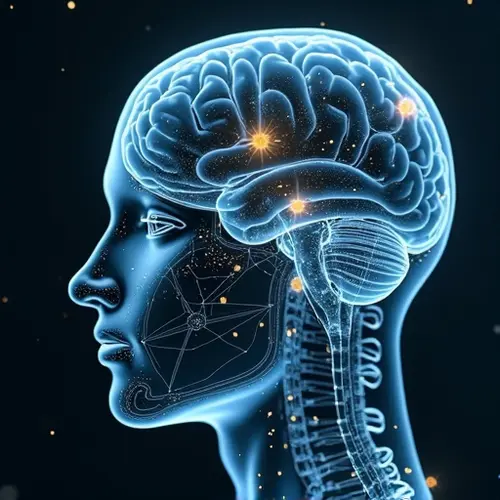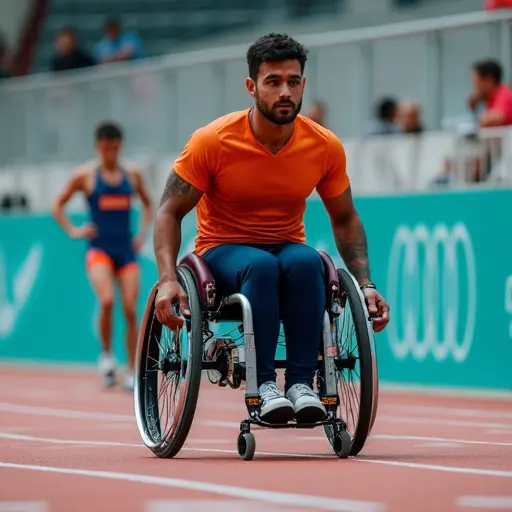
The Future of Learning Has Arrived
Imagine mastering calculus in an afternoon or becoming fluent in Mandarin overnight. This isn't science fiction anymore - neural implant technology is making instant learning a reality. Brain-computer interfaces (BCIs) are transforming education by creating direct communication pathways between the human brain and digital knowledge sources.
How Neural Implants Work
These tiny devices, implanted in the brain's neural tissue, use ultra-thin electrode threads to detect and interpret neural signals. Companies like Neuralink have pioneered the N1 Implant - a coin-sized device that processes brain activity and wirelessly transmits data to external devices. Unlike traditional learning methods, BCIs bypass sensory organs to deliver information directly to the brain's memory centers.
Recent trials show remarkable results: Quadriplegic patients like Noland Arbaugh (implanted January 2024) can now control computers with their thoughts. By July 2024, Neuralink's second patient Alex reported "feeling knowledge click into place" during language learning tests.
Educational Applications in 2025
This year marks a turning point for educational applications:
- Medical students can "download" surgical techniques through simulated neural patterns
- Language acquisition happens 10x faster than conventional methods
- Complex theoretical concepts become intuitively understandable
- Personalized learning adapts to individual cognitive patterns in real-time
Swiss Dental Solutions recently demonstrated how dental professionals can master ceramic implant procedures through neural stimulation, reducing training time from weeks to hours.
Ethical Considerations
As Neuralink expands its patient registry, important questions emerge:
- Who controls the knowledge being implanted?
- Could this create neurological dependency?
- How do we prevent socioeconomic divides in cognitive enhancement?
- What safeguards protect neural data privacy?
The World Health Organization is developing international guidelines for educational BCIs, emphasizing voluntary use and equitable access.
What's Next
Researchers predict that by 2030, neural implants could become as common as smartphones. "This isn't about replacing traditional learning," says Dr. Ulrich Volz, a pioneer in neural interface technology. "It's about augmenting human potential in ways we've only dreamed of." As clinical trials expand, the era of instant knowledge acquisition is dawning - fundamentally changing what it means to be educated in the 21st century.

 Nederlands
Nederlands English
English Français
Français Deutsch
Deutsch Español
Español Português
Português







